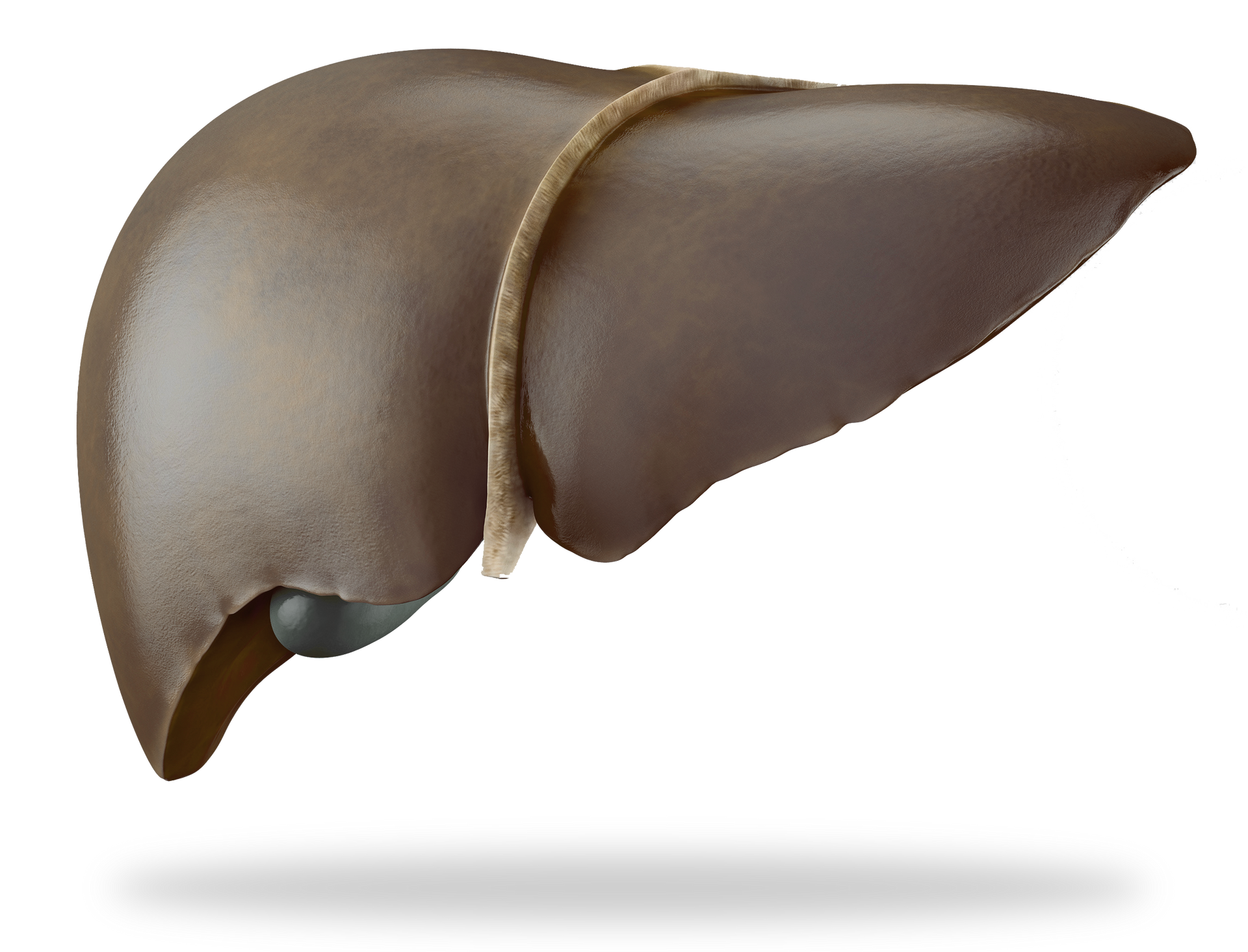liver failure
understand the problems of liver failure, its consequences and possible treatments
Liver failure
Understanding the basics
The liver is an incredibly complex organ, responsible for many essential tasks for the functioning of our body. It filters blood, helps digest fats, produces substances necessary for blood clotting, and detoxifies harmful substances. It also plays a key role in drug metabolism.
When the liver is damaged or not functioning properly, these processes can be disrupted, leading to complications

-
What is severe acute liver failure?
Severe acute liver failure is a critical condition in which the liver, a vital organ, no longer functions properly. This can happen quickly and lead to serious health problems. The liver plays a vital role in many bodily functions, including digestion, elimination of toxins, production of substances needed for blood clotting, and drug metabolism. When the liver isn't functioning properly, it can have serious consequences throughout the body.
-
Causes
Several factors can cause severe acute liver failure. The main causes include viral infections, such as hepatitis A, B, and C, severe drug reactions, alcohol abuse, autoimmune diseases, genetic liver diseases, and impaired blood flow to the liver. It is important to note that each of these causes can vary from person to person.
-
Complications
Severe acute liver failure can lead to a variety of serious complications. These include hepatic encephalopathy, which can cause impaired consciousness, behavioral changes, and neurological disorders. Blood clotting disorders are also common, which can increase the risk of bleeding. In addition, severe acute liver failure can lead to kidney failure, which affects kidney function.
-
The prognosis
The prognosis for severe acute liver failure can vary depending on the underlying cause, the severity of the disease, and the speed of treatment. In severe cases, a liver transplant may be necessary to save the patient's life. Importantly, the prognosis can be improved with early detection, prompt treatment, and specialized intensive care.
-
Intensive care
The management of severe acute liver failure in intensive care aims to maintain vital body functions and treat associated complications. This may include close monitoring, administration of medications to support liver function, measures to prevent infections, and regular assessment of the patient's condition. A specialized medical team will work closely together to provide the best possible care. In conclusion, it is essential to understand the basics of severe acute liver failure. This condition can have a serious impact on health, but early detection and specialized intensive care can improve the chances of recovery. If you or a loved one are experiencing worrying symptoms, it is important to consult a healthcare professional promptly for an accurate diagnosis and appropriate treatment.
Patient pathways
for patients with liver failure
When it comes to liver disease and its treatment, the patient pathway is of great importance. It will allow you, as a patient, to personalize your care pathway, from assessment to RCP, from hospitalization to consultations with internal or external specialists, the patient pathway allows you to better manage all phases of the disease.


